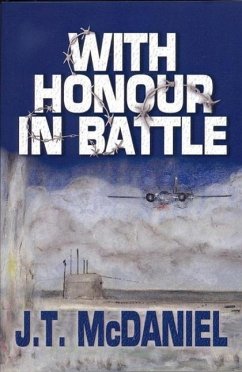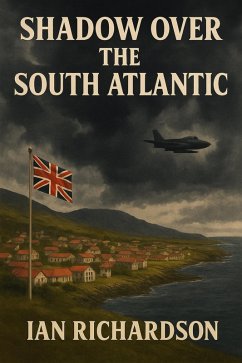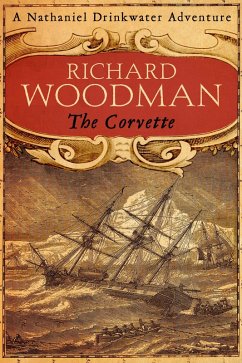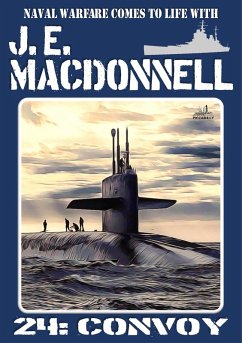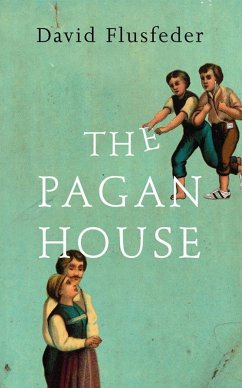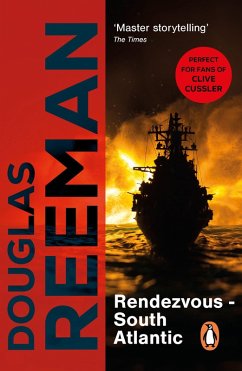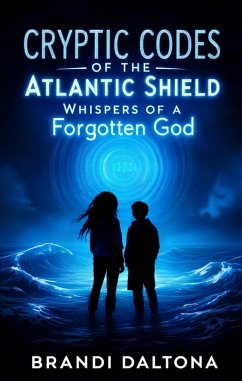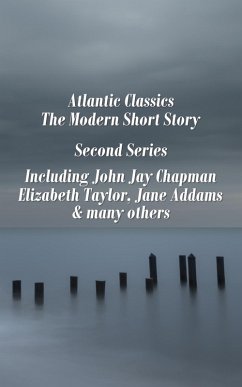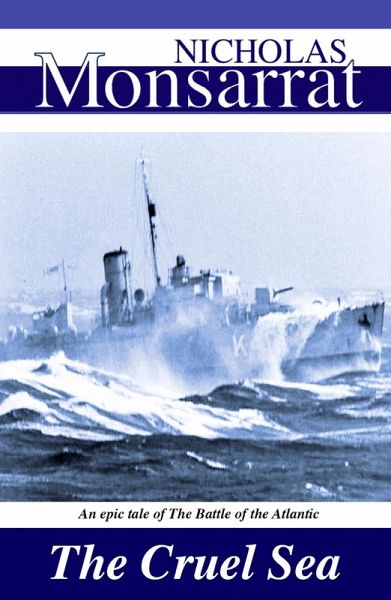
The Cruel Sea (eBook, ePUB)

PAYBACK Punkte
3 °P sammeln!
The highly acclaimed 'Cruel Sea' is one of the all-time great naval and war thrillers. The film was a smash hit when released and both it and the book continue to enjoy undiminished popularity. It covers not just the details of the battle of the Atlantic, but deals with the people who fought it - their domestic triumphs, tragedies, worries and ambitions.Nicholas Monsarrat wrote:'This is the story - the long and true story - of one ocean, two ships, and about a hundred and fifty men. It is a long story because it deals with a long and brutal battle, the worst of any war. It has two ships becaus...
The highly acclaimed 'Cruel Sea' is one of the all-time great naval and war thrillers. The film was a smash hit when released and both it and the book continue to enjoy undiminished popularity. It covers not just the details of the battle of the Atlantic, but deals with the people who fought it - their domestic triumphs, tragedies, worries and ambitions.
Nicholas Monsarrat wrote:
'This is the story - the long and true story - of one ocean, two ships, and about a hundred and fifty men. It is a long story because it deals with a long and brutal battle, the worst of any war. It has two ships because one was sunk, and had to be replaced. It has a hundred and fifty men because that is a manageable number of people to tell a story about. Above all, it is a true story because that is the only kind worth telling.
First, the ocean, the steep Atlantic stream. The map will tell you what that looks like: three-cornered, three thousand miles across and a thousand fathoms deep, bounded by the European coastline and half of Africa, and the vast American continent on the other side: open at the top, like a champagne glass, and at the bottom, like a municipal rubbish dumper. What the map will not tell you is the strength and fury of that ocean, its moods, its violence, its gentle balm, its treachery: what men can do with it, and what it can do with men. But this story will tell you all that.
Then the ship, the first of the two, the doomed one. At the moment she seems far from doomed: she is new, untried, lying in a river that lacks the tang of salt water, waiting for the men to man her. She is a corvette, a new type of escort ship, an experiment designed to meet a desperate situation still over the horizon. She is brand new; the time is November 1939; her name is HMS Compass Rose.
Lastly, the men, the hundred and fifty men. They come on the stage in twos and threes: some are early, some are late, some, like this pretty ship, are doomed. When they are all assembled, they are a company of sailors. They have women, at least a hundred and fifty women, loving them, or tied to them, or glad to see the last of them as they go to war. But the men are the stars of this story.
The only heroines are the ships: and the only villain the cruel sea itself.'
Nicholas Monsarrat wrote:
'This is the story - the long and true story - of one ocean, two ships, and about a hundred and fifty men. It is a long story because it deals with a long and brutal battle, the worst of any war. It has two ships because one was sunk, and had to be replaced. It has a hundred and fifty men because that is a manageable number of people to tell a story about. Above all, it is a true story because that is the only kind worth telling.
First, the ocean, the steep Atlantic stream. The map will tell you what that looks like: three-cornered, three thousand miles across and a thousand fathoms deep, bounded by the European coastline and half of Africa, and the vast American continent on the other side: open at the top, like a champagne glass, and at the bottom, like a municipal rubbish dumper. What the map will not tell you is the strength and fury of that ocean, its moods, its violence, its gentle balm, its treachery: what men can do with it, and what it can do with men. But this story will tell you all that.
Then the ship, the first of the two, the doomed one. At the moment she seems far from doomed: she is new, untried, lying in a river that lacks the tang of salt water, waiting for the men to man her. She is a corvette, a new type of escort ship, an experiment designed to meet a desperate situation still over the horizon. She is brand new; the time is November 1939; her name is HMS Compass Rose.
Lastly, the men, the hundred and fifty men. They come on the stage in twos and threes: some are early, some are late, some, like this pretty ship, are doomed. When they are all assembled, they are a company of sailors. They have women, at least a hundred and fifty women, loving them, or tied to them, or glad to see the last of them as they go to war. But the men are the stars of this story.
The only heroines are the ships: and the only villain the cruel sea itself.'




